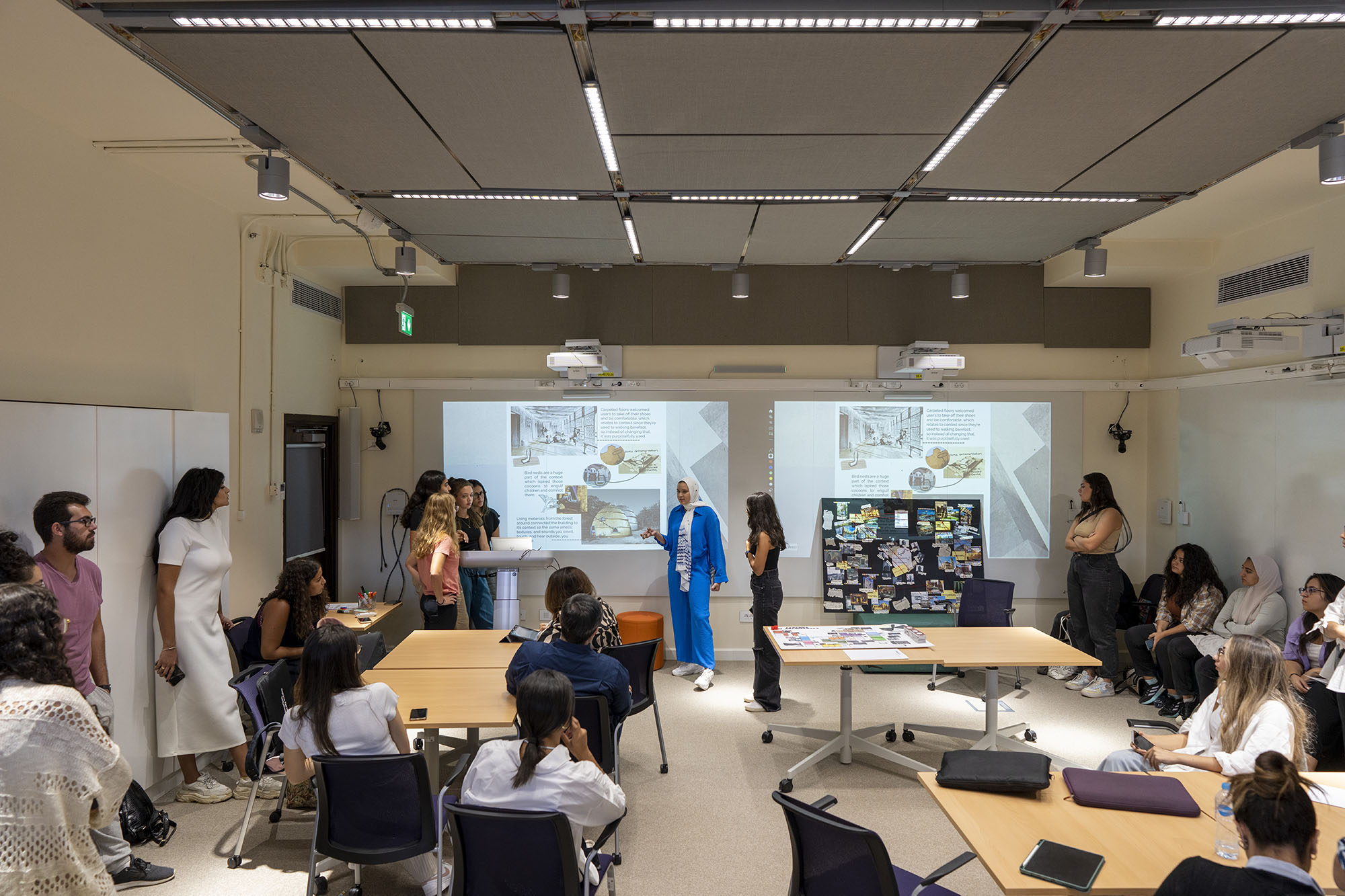Environmental Systems Design - MEng
Elevate your career with our Master of Engineering in Environmental Systems Design. This program equips you for advanced professional practice in both local and international markets. Whether you’re aiming for private consulting, industry roles, or government and regulatory positions, you’ll gain the expertise needed to excel. Join us and become a leader in Environmental Systems Design.

Program Overview
The Master of Engineering Degree in Environmental Systems Design prepares students for higher-level professional practice in local and international markets, whether in private consulting practice, industry, or government and regulatory activities.
Program Objectives
The objectives of the Master of Engineering in Environmental Systems Design program are to:
- Enable graduates to conduct analytical and experimental studies in water quality analysis and modeling, water and wastewater treatment design, solid and hazardous waste management and air quality engineering and modeling.
- Prepare graduates for successful careers in environmental engineering that address market needs in the field.
- Develop highly skilled professionals who can advance their careers in environmental engineering and become leaders in the job market.
Degrees and Admission Requirements
Students wishing to pursue a Master of Engineering Degree in Environmental Systems Design should meet the minimum academic and admission requirements set by AUC.
Learning Outcomes
- Apply advanced mathematics, numerical models, engineering, and scientific analyses to identify, formulate, and analyze complex and contemporary environmental engineering problems related to water, air, soil, and the built environment.
- Acquire the required knowledge in the field of environmental engineering (Water Pollution and Treatment systems, Air pollution control systems, Waste management systems, … etc.) to provide alternative solutions for environmental engineering problems and apply critical thinking while comparing the validity, pros, and cons of each.
- Apply engineering design to produce solutions that meet specified needs with consideration of societal, environmental, and economical needs.
- Ability to effectively communicate with a range of audiences, present, report, and defend findings related to professional work.
- Implement the code of ethics within the courses.
- Enhance practical experience through exposure to applied projects and more courses in environmental engineering and related fields.
Discover More In Academics
Learn about related programs, important research, faculty, accreditation and more.